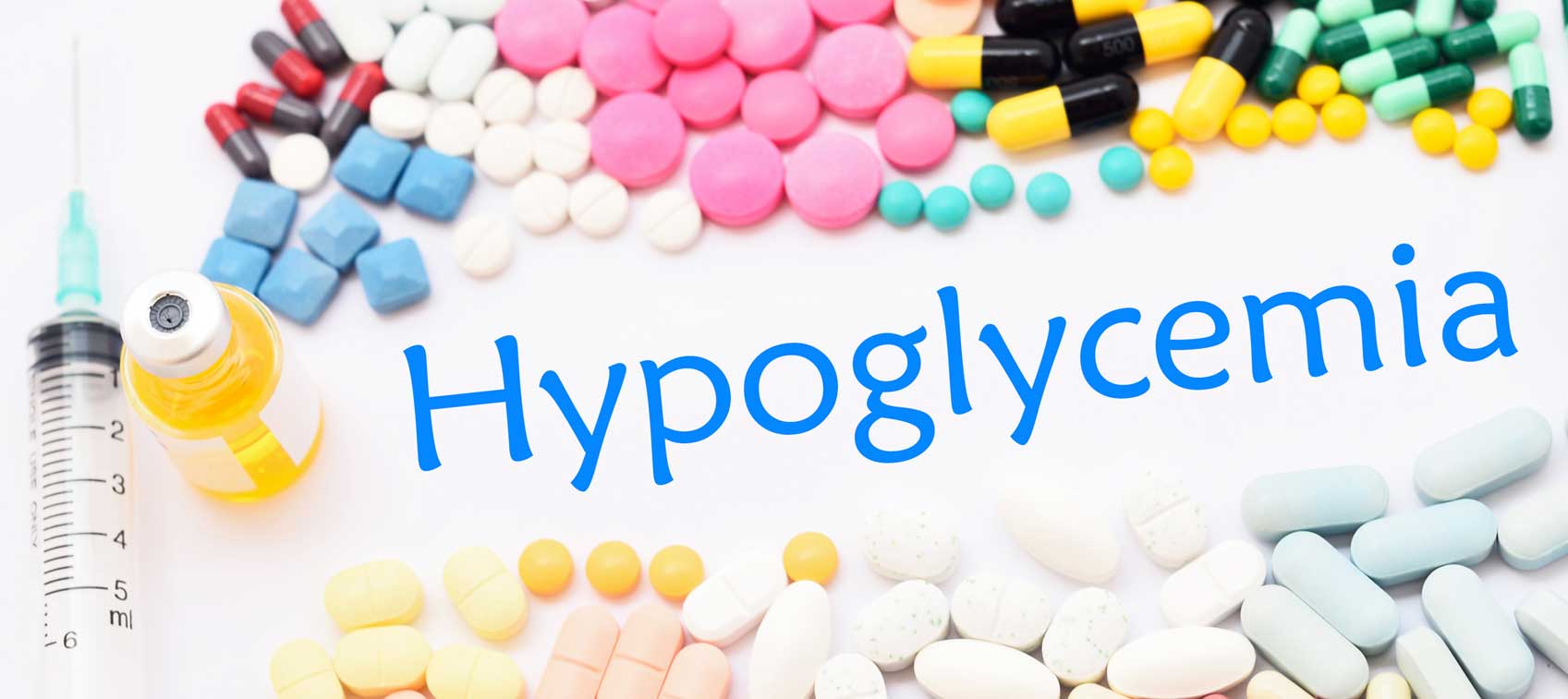
Do you experience energy slumps in the afternoon? Feel irritable, anxious, or unfocused a few hours after eating? How about sugar cravings?
All of these are signs you could have hypoglycemia (low blood sugar). Although severe hypoglycemia occurs most often in patients with diabetes who are treated with insulin or oral drugs that boost insulin levels, milder episodes are not uncommon—and they are usually related to diet.
What Is Hypoglycemia?
To better understand what can cause hypoglycemia, let’s review the basics of blood sugar metabolism. Glucose is a simple sugar that is your body’s main source of energy. When you eat carbohydrates, they are broken down into glucose and enter your bloodstream.
As blood sugar level rises, your pancreas releases insulin, which attaches to insulin receptors on the surface of cells. Insulin signals the cells to let glucose in, where it is used to generate ATP, the energy that fuels your body. Blood sugar levels then return to normal and insulin secretion subsides. It’s an elegant system that keeps blood sugar and insulin concentrations on an even keel—except when it doesn’t.
When insulin levels don’t return to normal and instead remain high, your blood sugar can fall too low. Deprived of its preferred source of energy, your body goes into alarm mode. The adrenal glands are called into action, triggering the release of cortisol and adrenaline to counter the effects of excess insulin and increase blood sugar. This combination of low blood sugar, plus elevated stress hormones, causes the typical signs and symptoms of hypoglycemia:
- Irritability
- Anxiety
- Shakiness
- Sleepiness
- Sweating
- Rapid heartbeat
- Headache
- Poor concentration
- Hunger and food cravings, especially for sugar and other fast- burning carbohydrates
- Seizures, loss of consciousness, and death (in the most severe cases)
Diabetes & Complications of Hypoglycemia
Severe hypoglycemia almost exclusively affects patients with diabetes who use injected insulin or oral diabetic drugs that stimulate insulin production (sulfonylureas such as glipizide, glyburide, and glimepiride). Excesses of insulin drive too much glucose into the cells, resulting in hypoglycemia.
Patients with diabetes must not take hypoglycemia lightly. According to a 2020 CDC report, there were 235,000 emergency room visits for hypoglycemia in 2016 (the most recent year of statistics). Although most of these patients were treated and released, 22% were admitted to the hospital—and the most severe cases resulted in seizures, loss of consciousness, or death.
Serious hypoglycemia also has long-term consequences. In addition to increasing the risk of heart attack and other cardiovascular events, the effects of hypoglycemia are particularly harmful to the brain. Elevated cortisol causes shrinkage of the hippocampus, an area of the brain involved in memory and learning, and individuals with diabetes are more likely to develop memory problems and dementia.
This is one of my many beefs with the excessive use of insulin in type 2 diabetes—and why I would never prescribe sulfonylureas to my patients. These drugs dramatically increase the risk of hypoglycemia and all its complications.
What Is Reactive Hypoglycemia?
Hypoglycemia is not limited to people with diabetes. If you have sugar cravings or mid-afternoon slumps in energy and focus, you may be experiencing reactive hypoglycemia, also called postprandial (after meals) hypoglycemia.
Reactive hypoglycemia tends to come on a few hours after eating and is generally associated with diet—specifically high-carbohydrate foods. Sugars and other fast-burning carbs cause a spike in blood sugar, which triggers a large release of insulin that may overshoot its mark, driving blood sugar too low.
Although this type of hypoglycemia rarely causes serious problems, symptoms such as drowsiness, mood changes, and concentration difficulties can certainly affect your quality of life. Plus, the food cravings associated with hypoglycemia contribute to weight gain.
Frequent blood sugar crashes are also suggestive of an underlying problem with glucose/insulin metabolism and may be a warning sign of diabetes or prediabetes. Other factors linked with non-diabetic hypoglycemia include:
- Excessive alcohol intake
- Liver disease
- Bariatric surgery such as gastric bypass and other weight loss procedures
- Eating disorders
- Hypothyroidism
- Some types of cancer and metabolic disorders
How to Prevent Hypoglycemia
For individuals with diabetes, preventing hypoglycemia isn’t only a matter of how much insulin (or insulin-boosting medication) you’re using. Your blood sugar level is also dependent on what and when you eat and how much you exercise. Food, especially carbohydrates, raises your blood sugar, while exercise lowers it.
Preventing diabetic hypoglycemia requires close attention to medication doses, diet, and exercise—plus, frequent monitoring of blood sugar levels. Everyone with diabetes (and their families) should know the warning signs and how to treat hypoglycemia with glucose tablets or other fast-acting carbohydrates.
For most everyone else, a good diet goes a long way. Here are my suggestions for what to eat—and avoid—for preventing hypoglycemia:
- Eliminate quick-burning sugars, bread, refined grains, and other carbohydrates with a high glycemic index/load. These foods cause spikes often followed by precipitous drops in blood sugar.
- Include plenty of fiber-rich, low-glycemic vegetables and legumes in your diet. They provide a slower, more sustained release of glucose.
- Make sure you eat protein and healthy fats with every meal and snack. In addition to tiding you over, they slow the absorption of carbohydrates and help stabilize blood sugar levels.
- Try eating smaller, more frequent meals if reactive hypoglycemia is a recurring problem for you.
- Go easy on alcohol and never drink on an empty stomach. Alcohol promotes insulin release and inhibits the liver’s ability to mobilize stored glucose, which may drive blood sugar too low.
I also recommend a daily multivitamin with hefty doses of antioxidants, B-complex vitamins, chromium, and other vitamins and minerals required for optimal blood sugar metabolism.


